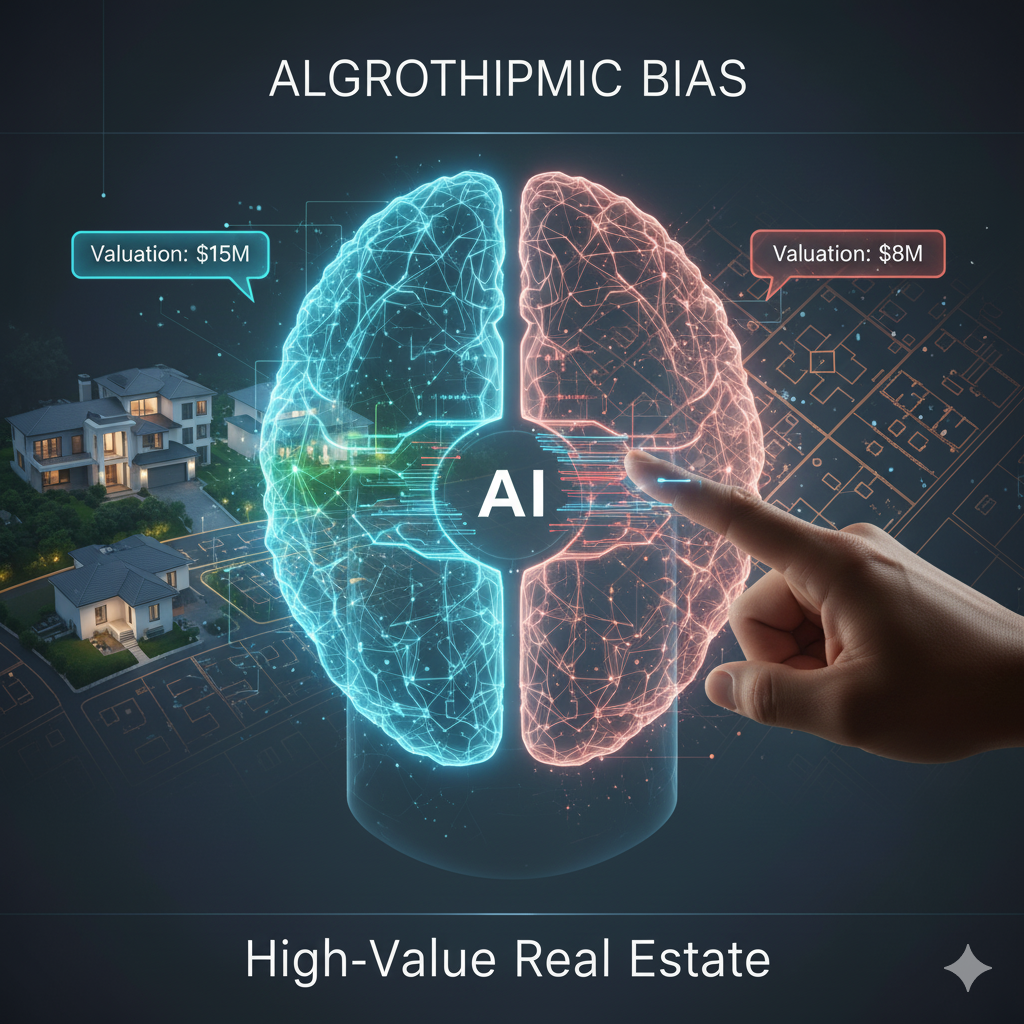Let’s talk AI, not the sci-fi kind, but the increasingly real kind impacting our industry.
We’re diving deep into the ethical considerations, because let’s face it, with great power comes great responsibility, especially when we’re dealing with high-value properties and discerning clientele.
Think about it.
AI can personalize property recommendations like never before.
Imagine an AI that knows your client’s taste down to the thread count of their sheets, suggesting properties they’d fall head over heels for. Amazing, right?
But where’s the line between personalized service and manipulative marketing?
Are we ethically obligated to disclose when AI is driving the suggestions, or is it a trade secret?
These are questions we need to be asking ourselves.
Then there’s data privacy. AI thrives on data, and the more it has, the better it performs.
But what happens to all that information?
Are we ensuring our clients’ privacy is protected?
Are we being transparent about how we’re using their data?
Remember, trust is the cornerstone of any luxury transaction, and anything that erodes that trust is a major red flag.
AI can also automate tasks, from property valuations to contract generation.
This boosts efficiency, sure, but what about the human element?
Are we sacrificing the personal touch that defines luxury real estate?
Are we creating a system where clients feel like they’re dealing with algorithms, not people?
We need to find the right balance between automation and human interaction to ensure our clients feel valued and understood.
And let’s not forget about bias.
AI is only as good as the data it’s trained on.
If that data reflects existing biases, the AI will perpetuate them.
This could lead to discriminatory practices, even unintentionally.
We have a responsibility to ensure our AI systems are fair and equitable, and that they don’t reinforce societal inequalities.
Another ethical tightrope walk is transparency.
How much should we reveal about the AI’s role in the transaction?
Do clients have a right to know when an AI is involved in pricing a property or negotiating a deal?
Complete transparency might not always be feasible, but we need to find a way to be open and honest with our clients about how AI is being used.
Then there’s the question of job displacement.
As AI takes over routine tasks, what happens to the people who used to do them?
Do we have a responsibility to retrain and upskill our workforce to adapt to the changing landscape?
Ignoring this issue could have serious social and economic consequences.
So, where does this leave us? We need to develop a clear ethical framework for the use of AI in luxury real estate.
This framework should address issues like data privacy, transparency, bias, and job displacement.
It should also promote responsible innovation and ensure that AI is used in a way that benefits everyone, not just a select few.
To summarize, we’ve touched on the ethical implications of AI in luxury real estate, focusing on personalization vs. manipulation, data privacy, the balance between automation and human interaction, bias in AI systems, transparency in AI’s role, and the potential for job displacement.
These are critical considerations as we navigate the exciting, yet complex, world of AI-driven real estate.
Moses Oyong is a luxury real estate advisor with a passion for arts and culture, music, fashion, and all things luxurious. With a keen eye for beauty and attention to detail. I strive to help my clients find their dream homes that reflect their unique sense of style and taste whilst providing them with the right information to ease the stress of the decision-making process.





Great points—AI brings amazing possibilities but also important ethical and privacy challenges to consider.